chanterelles cooked in cream 300gAdd two tablespoons of thickened cream for a tasty treat. Can also be served with white meat, pasta or similar.
New - Pre-cooked - Fry
Read more
Find the news of the brand as well as the advice of our teams
At INRA PACA and more specifically at the BBF mixed research unit (Fungal Biodiversity and Biotechnology) at the Luminy campus of Aix Marseille University, within the Marseille Polytech Engineering School (Biotechnology Department), people are preparing for the future with mushrooms.
Jean-Claude Sigoillot, Director of the BBF unit, firmly believes that: “with mushroom enzymes, we can replace all the petrol derivatives with products that are better for the environment.” There are around thirty laboratories around the world working on the capacity of some mushrooms to degrade wood and also straw and plant waste, using their enzymes. The molecules produced by this phenomenon can then be used in chemical procedures with many uses: bleaching paper paste without using chlorine, digesting the inks on recycled paper or producing agglomerate wood furniture without formaldehyde.
But the best direction to develop is that of biofuel. These mushrooms breakdown the lignin in wood and do not touch the cellulose, resulting in a sugar that, fermented by yeast, produces ethanol. At Luminy, there are nearly 2,000 strains of mushrooms being studied, many of which come from Guyana. This new sector could help reduce the production of ethanol from beets or sugar cane, used today for its edible part. The BBF unit’s research programme is part of a more global project called Futurol, which “hopes to launch a process, technologies and products (yeasts and enzymes) on the market to ensure the production of second generation bioethanol using whole plants and also farming and forest co-products, green waste and other ligno-cellulosic biomass,” and has a budget of nearly 80 M€.
Further proof that mushrooms, delicious on a plate, are also man’s best friend.
Magda
New - Pre-cooked - Fry
Read more
New - Organic - Pre-cooked - Fry
Read more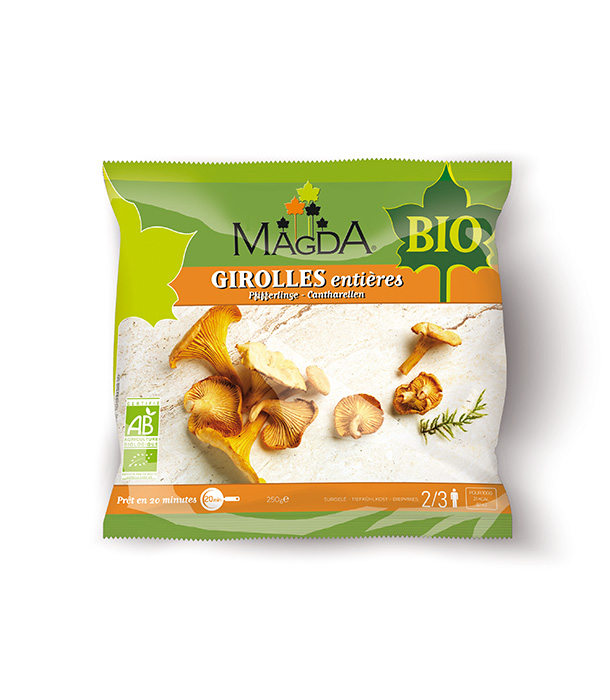
New - Organic - Plain mushrooms - Fry
Read more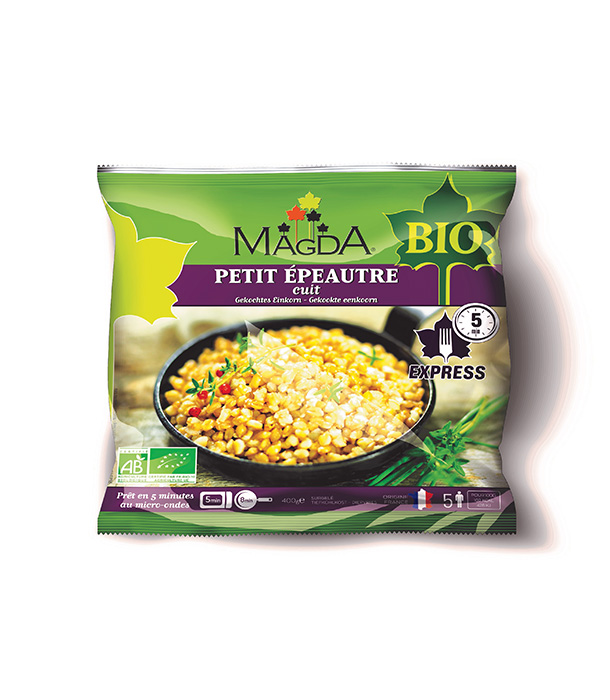
New - Organic - Fry - Microwave
Read more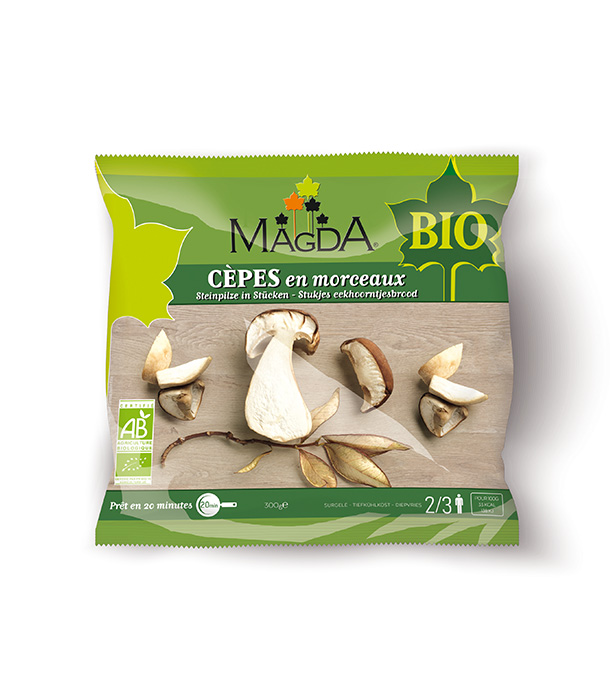
New - Organic - Plain mushrooms - Fry
Read more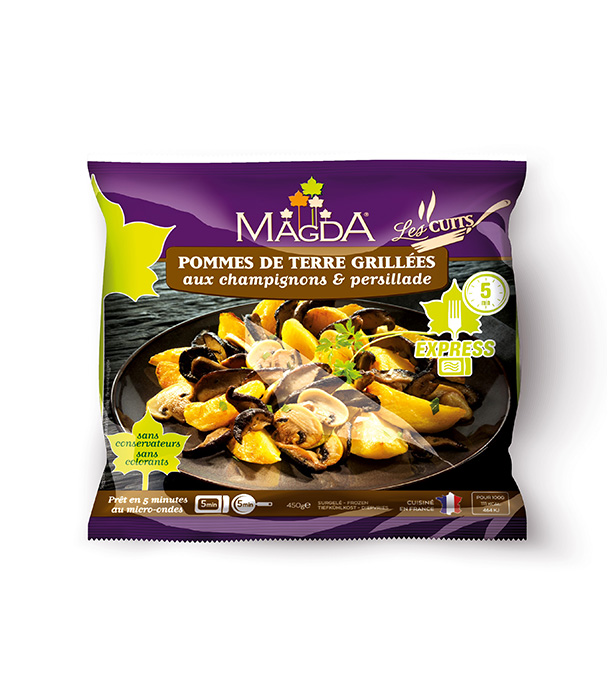
New - Pre-cooked - Fry - Microwave
Read more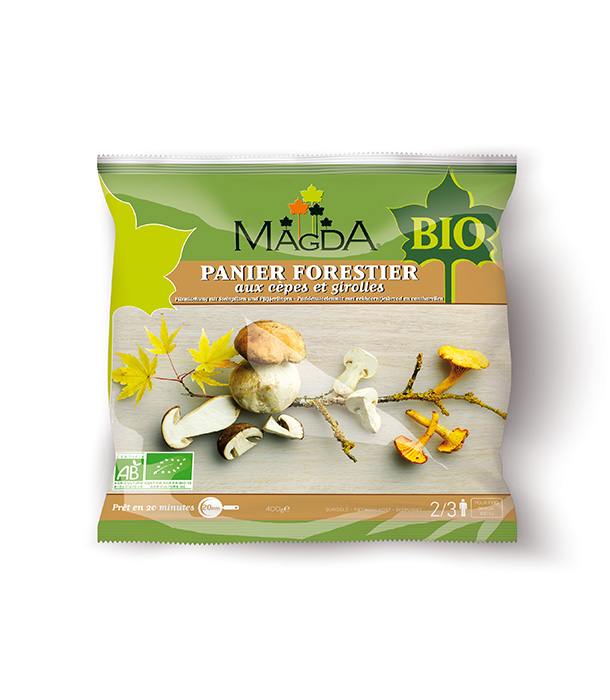
New - Organic - Plain mushrooms - Fry
Read more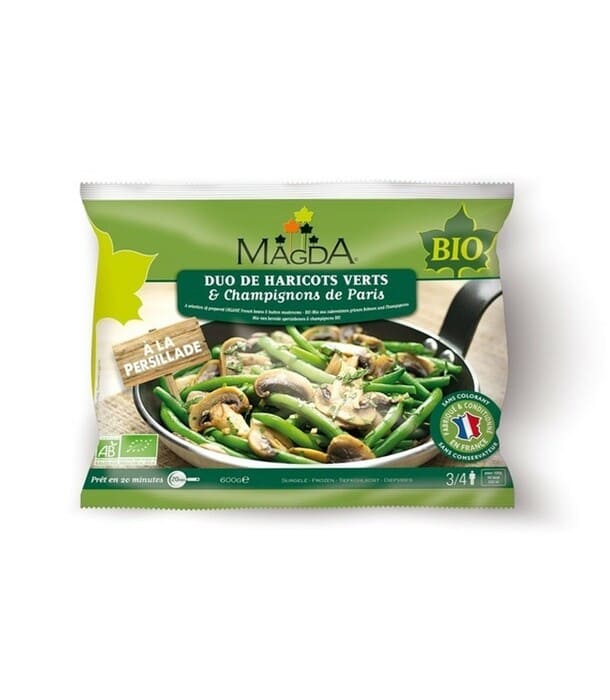
New - Organic - Fry
Read more